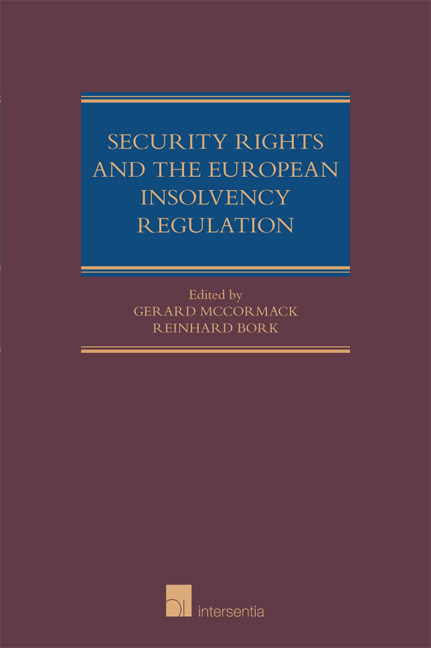Book contents
- Frontmatter
- Disclaimer
- Preface
- Contents
- Questionnaire
- Table of Cases
- Table of Abbreviations
- Part I Comparative Analysis
- Part II National Reports
- Chapter 5 Germanic Legal System – Germany and Austria
- Chapter 6 Common Law System – England and the Republic of Ireland
- Chapter 7 Roman Legal System – Spain, Italy and France
- Chapter 8 Central and Eastern European Systems – Hungary, Poland and Lithuania
- Index
- List of Authors
Chapter 6 - Common Law System – England and the Republic of Ireland
from Part II - National Reports
Published online by Cambridge University Press: 21 September 2018
- Frontmatter
- Disclaimer
- Preface
- Contents
- Questionnaire
- Table of Cases
- Table of Abbreviations
- Part I Comparative Analysis
- Part II National Reports
- Chapter 5 Germanic Legal System – Germany and Austria
- Chapter 6 Common Law System – England and the Republic of Ireland
- Chapter 7 Roman Legal System – Spain, Italy and France
- Chapter 8 Central and Eastern European Systems – Hungary, Poland and Lithuania
- Index
- List of Authors
Summary
The following report is draft ed from the perspective of the common law. It focuses on the law in England though incidental references are made to the law in the Republic of Ireland where the law is fundamentally the same though some statutory differences do exist. The report does not consider specifically the law in Scotland where there is a mixed Common Law/Civil Law heritage though the statutory provisions in respect of insolvency are largely the same as those in England .
INTRODUCTION
There is no universally recognised definition of security rights under the common law but‘ security‘ in this context is generally taken as signifying a right over property to ensure the payment of money or the performance of some other obligation and the property over which security is taken is referred to as‘ secured’ or‘ collateralised’.
It is widely understood among the international lending community that a modern law of security rights or interests/secured transactions should conform to certain key elements. These key elements are reflected in the‘ Core principles for a secured transactions law’ drawn up by the European Bank for Reconstruction and Development (EBRD). In summary these principles are as follows:
• the security right should constitute a property right (right in rem) that is effective in the event of the debtor‘s insolvency;
• the law should provide for the granting of security in the widest possible range of circumstances;
• the existence of a security right over property must be effectively publicised;
• there should be a rapid and cost-effective means of recovering the debt from the secured asset;
• the cost of creating, maintaining and exercising the right should be kept at a reasonable level.
In essence, the common law implements these principles. Firstly, security rights under the common law are rights in rem. In other words, they are enforceable against third parties including the debtor‘s insolvency representative and not just inter partes, i.e. between debtor and creditor.
Secondly, the common law provides for the granting of security in the widest possible range of circumstances.
- Type
- Chapter
- Information
- Security Rights and the European Insolvency Regulation , pp. 313 - 414Publisher: IntersentiaPrint publication year: 2017



